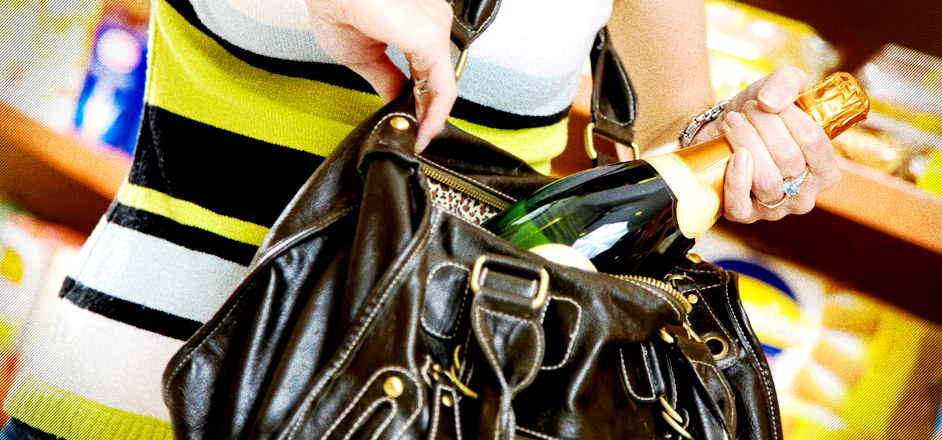Stealing was my first addiction.
I didn’t steal because I was underprivileged. I didn’t steal for the intrinsic value of my loot. I stole because I loved getting high on the rush of unpunished wrongdoing.
The high was the sickly-sweet paranoia of potentially getting caught. It was the surge of power, the sweaty palms, and the pounding heartbeat.
We’ve all had our own methods of achieving euphoria. Whether it’s social media, substance abuse, or a sex addiction, these compulsions become problematic when they occur at the expense of others. As I discovered with kleptomania, the key to conquering these unhealthy habits is to acknowledge that they aren’t always victimless crimes.
The first time I ever stole something, I was just a little girl in a toy store. I’d been clinging on to my mother’s hand in every aisle until the most alluring display stole my attention. It was a giant glass bowl filled with tiny, fuzzy teddy bears simply too adorable to deny. But my mother never gave in to my desperate pleas for girlish little trinkets.
I couldn’t have them, and that was unbearable. So when mom wasn’t looking, I slyly stuffed the pockets of my sundress full of fuzzy little teddies. And when my parents inevitably found my plunder, they beat my bare ass with daddy’s belt. But this didn’t stop me from stealing again.
Terrence Shulman — expert in the psychology of kleptomania, founder and director of The Shulman Center for Compulsive Theft, and author of Something for Nothing, a book on compulsive shoplifting — suggests that my experience is common; that many compulsive thieves begin as young as age five.
“Most people start off stealing a little bit in their earlier lives in reaction to emotional distress, and it becomes worse over time,” Shulman says. “It is quite common that young children are over-disciplined, abused, or shamed for various things… and it can cause them to rebel, often secretively, into law-breaking behaviors such as stealing.”
This rebellious contagion grew throughout my adolescence. I’d stolen almost every garment in my wardrobe; almost every bottle of perfume on my vanity. And with every occasion, the guilt ebbed away more and more.
I rationalized my offenses by adhering to a “stealing code of conduct.” First, no small businesses, no family members, no friends. I had no discernable victims because my targets were always faceless corporations. Second, don't take something of sentimental value or anything that can't be replaced. My plunder was always one insignificant swipe of an assembly line product.
But my ethical protocols didn’t make my compulsion to steal any less harmful. Psychologists would say I had an impulse control disorder. They’d diagnose my lack of concern for getting caught as a significant impairment in my mind’s ability to consider serious consequences. They’d express concern for my susceptibility to addictive behaviors and substance abuse.
In the medical community, kleptomania and substance addictions are frequently tied together. Both behaviors are prevalent among the highly impulsive. Both similarly stimulate the reward system of our brain.
“Compulsive stealing may be associated with substance addictions in that they both are a self-medication for deeper emotional issues,” claims psychologist Dr. Jeff Gardere.
But kleptomania itself is not considered a “real” addiction, according to the American Psychiatric Association’s Diagnostic and Statistical Manual. This explains how I managed to quit the compulsion cold-turkey.
Yeah, I got caught. And the profound shame of facing a victim I’d previously pretended didn’t exist shook me of my delusions that I wasn’t hurting anyone. And once the facade fell away, so did my desire to steal.
Confronting the casualties of our unhealthy habits is a humbling experience. But overcoming bad behavior doesn’t necessarily require an intervention. If you can simply surmount the selfish idea that you’re the only one affected by your actions, you’re taking a step in the right direction.
Since quitting my klepto ways, it’s not as if I’ve become a faultless saint. I still have a few destructive tendencies to get my kicks. I’m simply making sure that from now on, I’ll be the only victim of my own self-centered stupidity.



Leave a Reply
You must be logged in to post a comment.